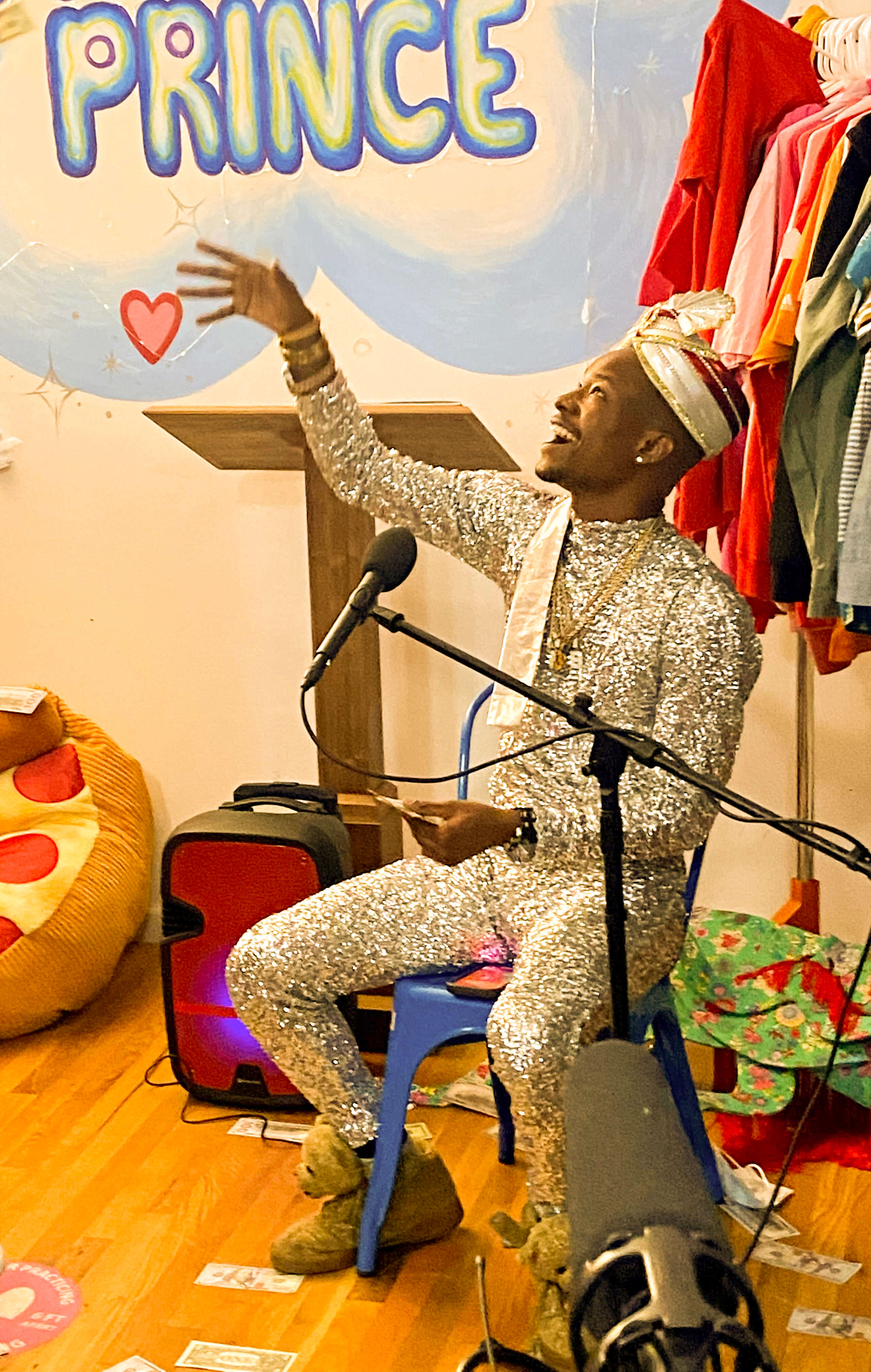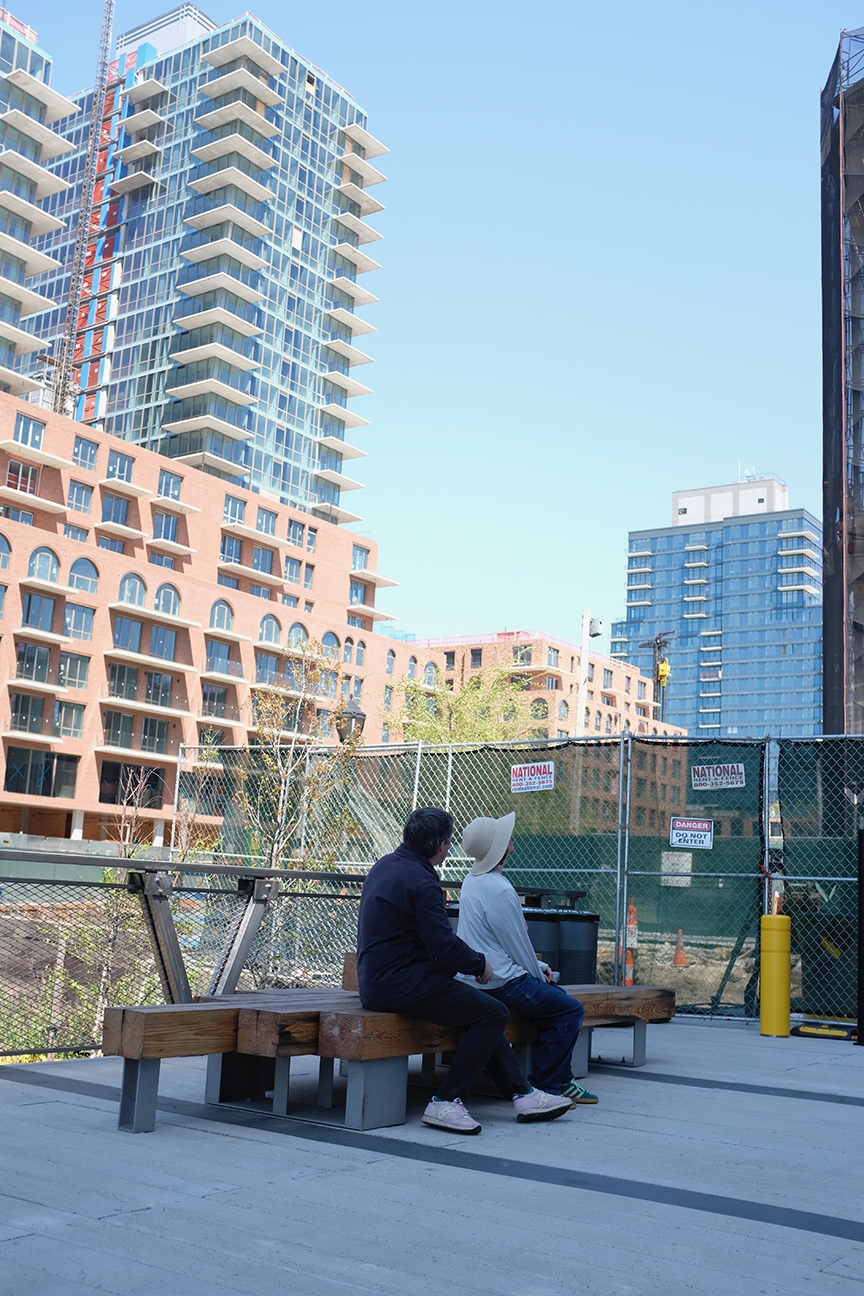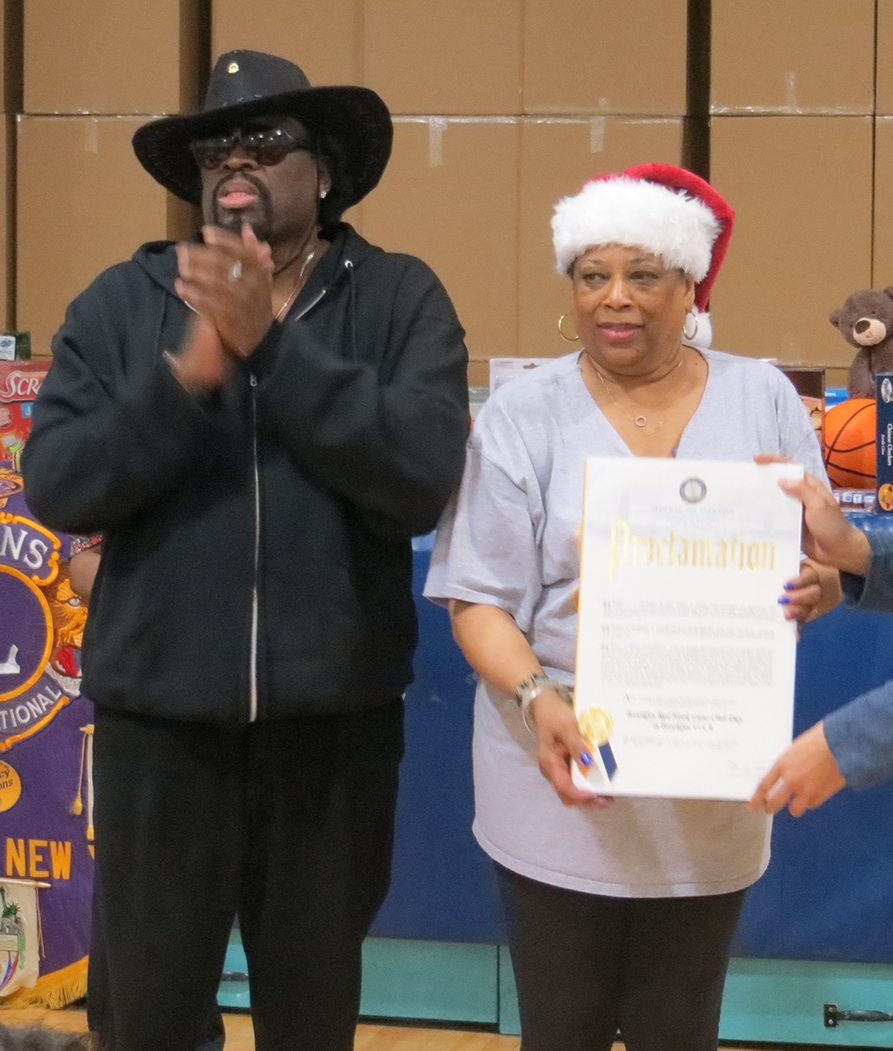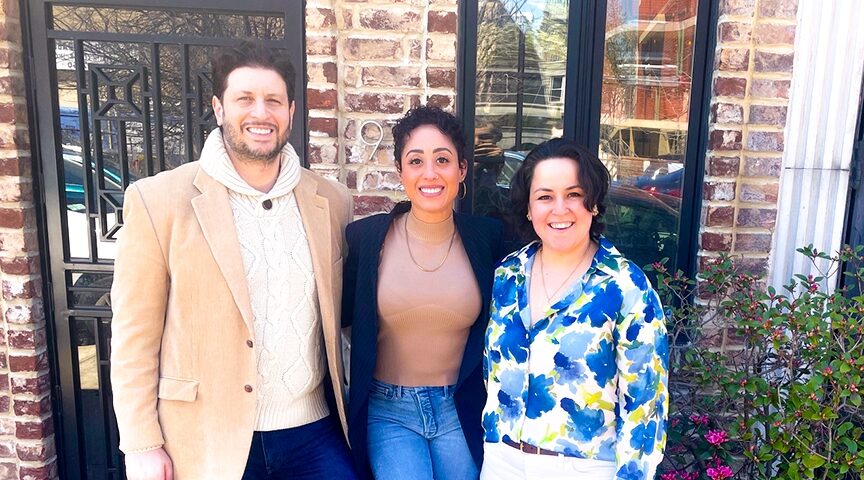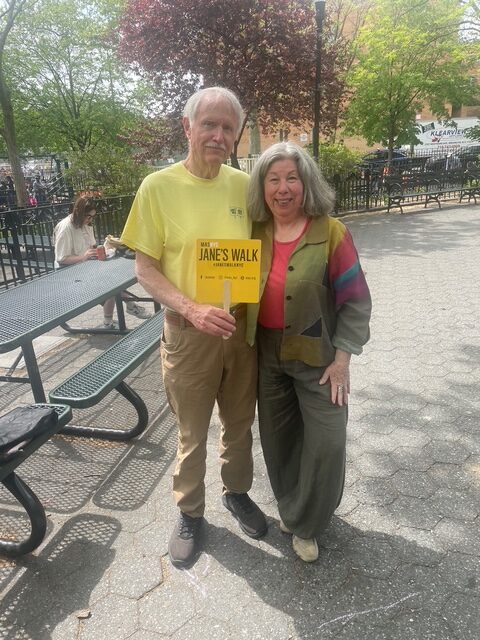The race for New York City mayor is intensifying, as candidates campaign towards the June 22nd primary date. Currently, 14 candidates are running for a chance to lead the largest city in America into a new ‘post pandemic’ era. Among these candidates is Paperboy Love Prince. On the surface Paperboy may seem like an unlikely candidate, however, after a closer look they might be what New York needs to bounce back differently and better. In a recent interview with the Star Revue, Paperboy Love Prince discussed his background, worldview, critics, and their political platform. Here is what the mayoral hopeful had to say.
Roderick: Paperboy, thank you for taking time from your busy schedule to have this discussion.
Paperboy: Thank you, I’m happy to have the opportunity.
Roderick: Let’s jump right in. Tell the readers a bit about your background. Who is Paperboy?
Paperboy: Well, I am from Brooklyn born and raised. My grandparents, Wilbert and Sarah McKinley started a church in the Clinton Hill area in the mid-1960s, it’s still active today. My grandfather actually had a street named after him, right around Classon avenue. So, my roots go deep in Brooklyn. We traveled quite a bit, I grew up in a family that was focused on community work and spreading love, it’s a core part of who I am.
Roderick: Some folks may feel like love is too mushy of a theme to campaign with. Why focus on love?
Paperboy: In order to do the job of mayor well, you need to have a genuine interest and love for the people of New York City. How can you focus on stopping hate, but not spreading love?
Roderick: You mentioned your travels when you were younger. How did those experiences shape your worldview? Do they influence how you would govern as New York City Mayor?
Paperboy: I’ve had the opportunity to live in different cities in the US, and in different countries. I traveled to the Caribbean, North Africa, and Spain. I’ve also visited Panama and Colombia where some of my family is from. I learned how blessed we are with resources in America and New York specifically. We could be utilizing our resources better to serve people, there’s no reason why there should be so many people struggling with housing and food –– basic needs.
Roderick: Based on your dress, identity etc. Some people may say you are using identity politics as a tool. How do you respond to that?
Paperboy: I don’t rely on identity politics, I address issues that are facing New Yorkers. My clothes are influenced by my African and Latin American roots, full stop. I discuss issues that other candidates may shy away from, like the opioid crisis and depression among white men, for example, home and food insecurity and police brutality. That may be unpopular but this is real life.
Roderick: Let’s discuss your political platform. You are proposing basic income for New York City residents. Can you elaborate?
Paperboy: Absolutely, I am focused on providing basic necessities and social services for New York City residents to access. A basic income budget of two thousand dollars a month is more than doable. We have the ability to provide New Yorkers with more stability and create a better New York.
Roderick: Critics might say that while social services are great, it’s too idealistic. Is it too idealistic?
Paperboy: Are firefighters, police officers, or road construction too idealistic? How can we have the ability and wealth to stabilize New Yorkers and not do so? Healthcare, housing, food, these are basics. The pandemic has shown us that many more things are possible for corporations, state and local governments. Are food, housing and healthcare too idealistic?
Roderick: You are the youngest candidate running. However, this is not your first time running for public office. How do you address naysayers who go after your age and qualifications?
Paperboy: Not only have I campaigned for public office before. I’ve advised and consulted some of the largest corporations in the world around the toughest issues. I’ve also run small businesses that have served New Yorkers.
I understand what New Yorkers are going through because I am an average New Yorker. I am actually the only candidate who has a roommate.
Paperboy: When I speak about small business, corporate strategy, the housing crisis, police brutality etc. I’m speaking from experience, not just talking points. When you look at some of the other candidates their qualifications boil down to wealth, that is not leadership. Some candidates fled the city during the height of the pandemic and protests. It’s clear, being rich, or having rich friends donate to your campaign is not a qualification.
I’ve been in rooms with some of the other candidates, and in those spaces, the true leaders emerge. I’m a leader, so I’m not going to get in bed with the same folks that got us into this housing crisis.
Roderick: Over fifty thousand evictions have been filed and unemployment insurance will end in the coming months. How do you plan to assist those in need of employment?
Paperboy: We are coming through a once-in-a-lifetime pandemic, we need once-in-a-lifetime changes and solutions. In my grandparents’ era, one could work a single job and support themselves. We don’t live in those times anymore, we have to be entrepreneurial, innovative, and brave to survive in today’s society.
This is why I am addressing the basic necessities of New Yorkers. Food, shelter, and health are basic. New Yorkers shouldn’t go hungry or homeless because of corporate greed, political disinterest, and lack of love. We shouldn’t have to choose between food or rent, I’ve been there.
Roderick: Paperboy, there are several frontrunners in this race. How do you intend to win, what is your strategy?
Paperboy: Innovation, creativity, and love drives my campaign. I’ve led some of the largest protests and marches in New York history. I have the people’s support. Solving our city’s issues is going to take creativity and experience. We have to believe better is possible, and I’m here to accomplish that for New York City.
Roderick: Last question. How’d you get the name Paperboy?
Paperboy: [laughs] The short and sweet answer is that I was a paperboy and people caught on to my message of spreading love, folks started calling me Paperboy Prince, and in essence that’s how I got my name.
Roderick: Paperboy, thank you so much for speaking with me, it’s been a pleasure. Best of luck on your campaign for New York City mayor.
Paperboy: Thank you so much!
No matter the outcome, as Paperboy Love Prince has certainly highlighted what leadership is and isn’t. We should all reconsider how we think about basic necessities and social responsibility.
Roderick Thomas is an NYC based writer, filmmaker,
(Instagram: @Hippiebyaccident, Email: rtroderick.thomas@gmail.com, Site: roderickthomas.net)
Author
Discover more from Red Hook Star-Revue
Subscribe to get the latest posts sent to your email.

